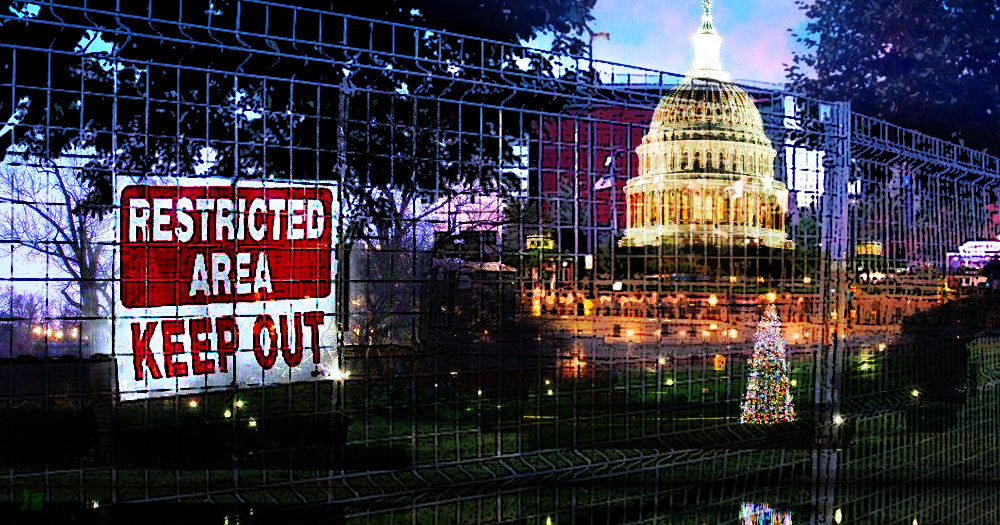The people, without permission, The New York Times recently explained, in
- Colombia, rejected a peace deal deemed too soft on the communist FARC guerrillas; in
- Britain, decided to leave the European Union; in
- Thailand, ratified a new constitution; and in
- Hungary, rejected the European Union refugee resettlement plan.
I’ve not perused the Colombian accord. I’m actually not permitted to vote there — though I once stayed at a Holiday Inn Express in Bogotá. In lieu of moi, who better to decide than the Colombian people?
Brexit, too, was a decision for the inhabitants of the United Kingdom, not me.
Thailand is under military rule. Passage of the referendum was promoted as a pre-condition for moving toward democracy; campaigning against the constitution was outlawed. When a gun is held to your head, there is no democracy.
An unbelievable 92 percent of Hungarians rejected the EU plan to set migration policies for Hungary. But turnout below 50 percent invalidated the result.
“Though such votes are portrayed as popular governance in its purest form, studies have found that they often subvert democracy rather than serve it,” claims the Times report, “Why Referendums Aren’t as Democratic as They Seem.”
Without offering any studies.
The problems with these four ballot questions, to the degree there were any, weren’t caused by democracy, but a lack thereof.
Nonetheless, asensible academics pontificated that people are too stupid to be permitted to vote. A London School of Economics professor said referendums are “risky.” They “range from pointless to dangerous” claimed an Irish political scientist. A hyperbolic Harvard professor posited that referendums are “Russian roulette for republics.”
But which is worse: clueless academics, tyrannical pols, or . . . democracy?
This is Common Sense. I’m Paul Jacob.








